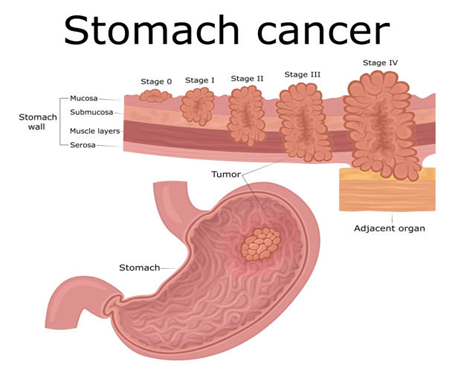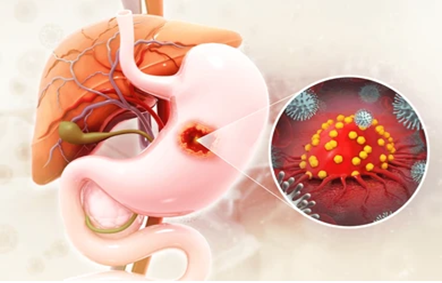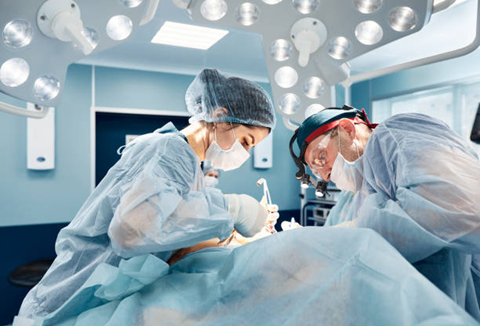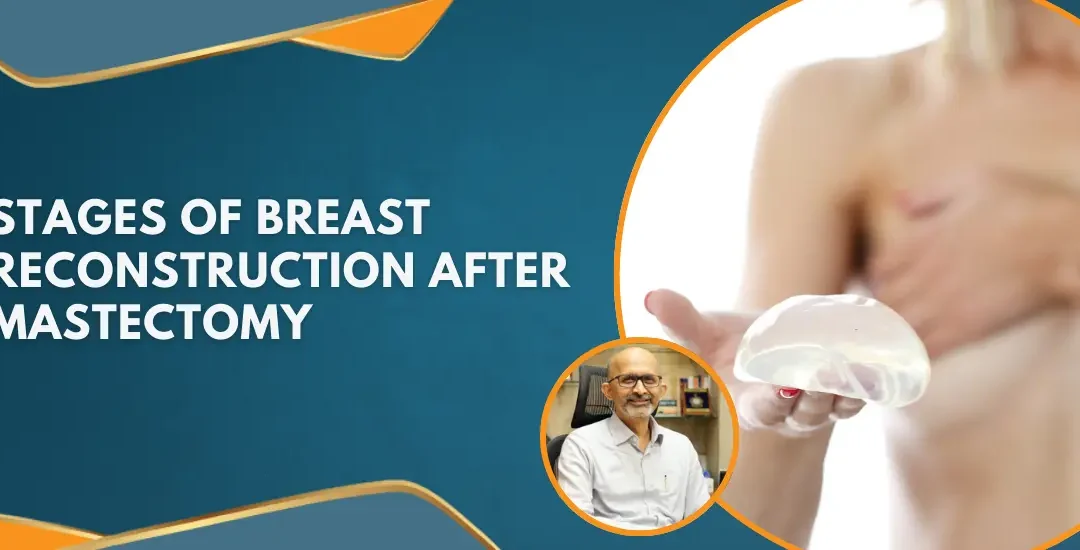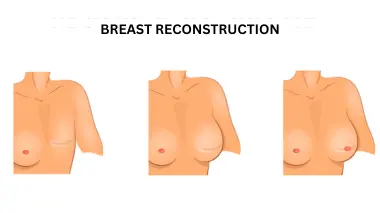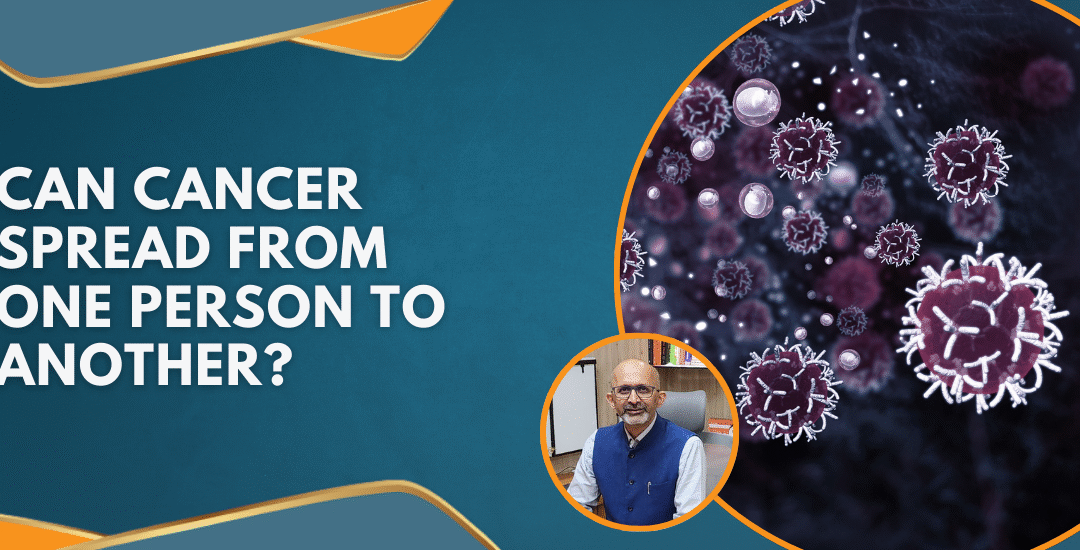
Can Cancer Spread from One Person to Another?
When a loved one is diagnosed with cancer, a question that often arises is whether the disease can spread from one person to another. While cancer is a complex disease with many causes, concerns about its transmission are common. Is it possible for cancer to be contagious? Can it spread through physical contact or shared spaces? These questions are crucial to understanding how cancer affects patients and their families.
Dr. Sandeep Nayak, a highly respected surgical oncologist in Bangalore with expertise in advanced cancer treatments, clarifies, “Cancer cannot spread from one person to another in the way that infectious diseases do. It is a condition that develops due to genetic mutations within the body’s cells, and these changes are not contagious.”
Let’s explore the science behind cancer development and transmission and address common misconceptions.
Introduction
Cancer is a disease marked by abnormal cell growth. While infectious diseases like the flu spread from person to person, cancer behaves very differently. The question, “Can cancer spread from one person to another?” often arises out of concern for loved ones and caregivers. However, current medical understanding confirms that cancer is not contagious and does not spread through regular contact.
Dr. Sandeep Nayak explains, “Cancer is rooted in genetic mutations within an individual’s cells, leading to uncontrolled cell growth. This process is internal and cannot be passed on to others through proximity or shared environments.”
How Cancer Develops in the Body

Can Cancer Be Transmitted Through Blood or Organ Transplant?

Organ Transplants
When a donor has a history of cancer, there’s a small possibility that residual cancer cells could be transmitted to the organ recipient. For this reason, donors are rigorously screened to ensure organs are safe for transplant.
Blood Transfusions
Studies show that cancer cells don’t typically survive in the bloodstream during transfusions. As a result, the likelihood of cancer spreading through blood transfusion is minimal, and current blood donation practices make this even less likely.

Dr. Nayak assures, “In organ transplants, every precaution is taken to prevent the transmission of diseases, including cancer. Screening and monitoring ensure that transplant recipients are not at risk from donor organs, making transmission cases incredibly rare.”
Wondering about other possible transmission risks? Let’s look at how certain viruses can contribute to cancer risk.
Cancer-Causing Viruses
Human Papillomavirus (HPV)
HPV is known to increase the risk of cervical and other types of cancers. It’s transmitted through sexual contact or lack of hygiene, and HPV vaccines can significantly lower this risk.
Hepatitis B and Hepatitis C Viruses
Both viruses can cause chronic liver inflammation, leading to an increased risk of liver cancer. Vaccination against Hepatitis B and safe practices for Hepatitis C can reduce these risks.
Epstein-Barr Virus (EBV)
Associated with certain lymphomas, this virus spreads through saliva and close contact. While it doesn’t directly cause cancer, it can contribute to cancerous conditions.
Dr. Nayak advises, “While these viruses can be transmitted, they do not guarantee cancer development. Preventive measures, such as vaccinations and regular screenings, can effectively reduce the risks associated with these viruses.”
Cancer-causing viruses highlight the importance of preventive care, as many infections associated with cancer can be managed with vaccines and early treatment.
Debunking Cancer Myths
Misunderstandings around cancer transmission persist, often leading to unnecessary fear. Here are some common myths—and the truths that debunk them:
- Myth: You can catch cancer from someone who has it.
Truth: Cancer is not contagious; it cannot spread through touch, the air, or shared spaces. - Myth: Caring for a cancer patient increases your cancer risk.
Truth: Supporting a loved one with cancer does not put you at higher risk. Routine interactions, like hugging or spending time with them, are completely safe. - Myth: Blood donations from cancer patients are unsafe.
Truth: Blood donation protocols screen for active infections and diseases. Cancer patients are typically not eligible to donate blood, minimizing any potential risk.
Dr. Nayak adds, “It’s essential to separate myths from facts when it comes to cancer. By understanding the science, we reduce fear and ensure that patients and caregivers can focus on the most effective treatment strategies.”
Conclusion
So, can cancer spread from one person to another? The answer is a clear no. Cancer is a complex disease that arises from genetic mutations within an individual’s cells and does not spread between people through direct contact. Although viruses associated with increased cancer risk can be transmitted, they do not guarantee cancer development and can often be managed through preventive care.
Understanding how cancer develops and spreads—or doesn’t—can alleviate fears for patients and their families. Dr. Sandeep Nayak provides comprehensive care, focusing on evidence-based treatment options that address the unique needs of each patient. With his expert guidance, patients receive accurate information, personalized care, and support through every stage of their treatment journey.
Ready to learn more? Consulting a trusted oncologist in Bangalore can provide you with peace of mind and a clearer understanding of cancer risks.
FAQs
Can cancer be transmitted through physical contact?
Are organ transplants safe for cancer patients?
Can certain viruses increase cancer risk?
Is it safe to care for someone with cancer?
Disclaimer: The information shared in this content is for educational purposes only and not for promotional use.










